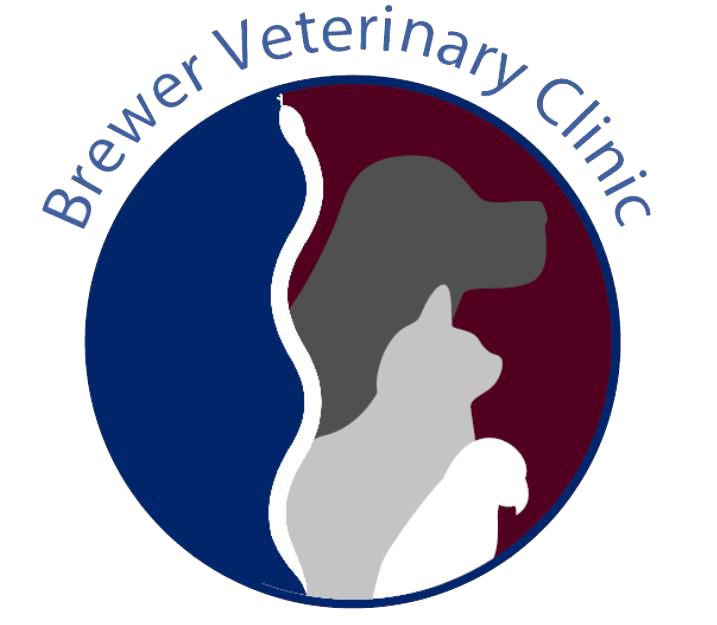Thanksgiving and the holiday season are upon us, and you know what that means… holiday dishes and treats aplenty. For those of us who work in the veterinary field, we know that the holiday season brings… pancreatitis season!
Pancreatitis has multiple causes, but acute pancreatitis (this time of year) is usually caused by ingestion of fatty foods, and there’s often no shortage of them on a Thanksgiving table. Everyone knows that chocolate pie should be off the menu for your pets, but there are plenty of other foods that cause even bigger issues.
Turkey - The Thanksgiving feast staple. It’s hard to say no to the marbles staring up at you from underneath the table as you’re cutting into the bird, or as you drown the meat in gravy on your plate. While lean turkey isn’t necessarily bad for your pet, turkey is often prepared differently for Thanksgiving, making it fattier and less healthy. Turkey skin is high in fat content, and bones also pose a big problem as they’re small and can cause intestinal blockages. Bones can also splinter and rupture the esophagus, stomach, or intestines.
Xylitol - Turkey may be the king of Thanksgiving, but dessert (as far as I’m concerned) is just as important. Many folks try to feel less guilty about indulging in dessert by making a reduced sugar or sugar-free treat, and many sugar-free blends contain xylitol. We learned a few months ago in the BVC blog that xylitol causes a dramatic spike of insulin production resulting in a pet quickly becoming hypoglycemic. Xylitol toxicity can be life-threatening, especially when considering the size of the pet and the amount they ate.
Yeast Dough - You have to have a good yeast roll to sop up all the gravy with. If you’re making homemade rolls or biscuits, even the ones that scare your pets in the “pop” can, make sure your pets don’t eat any of the raw dough. Raw yeast dough will expand in the stomach and release carbon dioxide. This buildup of gas can cause the stomach to flip or become twisted, which is a life-threatening, time sensitive emergency. In fact, another danger of yeast dough consumption in pets is the fact their bodies process the sugar and yeast into alcohol!
Alcohol - When you’re enjoying your glass of wine with dinner, or a beer while watching the football game, make sure your pet doesn’t have their own happy hour. Pets are very sensitive to alcohol poisoning, so no amount is good for them.
There are many other foods your pet should avoid this Thanksgiving, including anything with raisins, grapes, garlic, and onions.
Other Helpful Tips
If you have guests coming to your home and you don’t want anyone feeding your pets any table scraps, tell them! Many people may not know that certain foods are not safe for pets and will unknowingly slip them under the table. Instead of lecturing them with a list of unsafe foods, kindly ask that they refrain from feeding your pet human food.
Once you’re finished with the turkey, be sure to dispose of the carcass. Leaving bones, skin, and trimmings in the trash without taking it out is a beacon to the trash pirates who may be on the hunt for leftover treasures.
Accidents happen, no matter how careful one may be. If you think your pet has eaten anything they shouldn’t have, call a veterinarian right away. It doesn’t take much for a holiday with family and friends to turn into a day spent in the emergency clinic waiting room.



